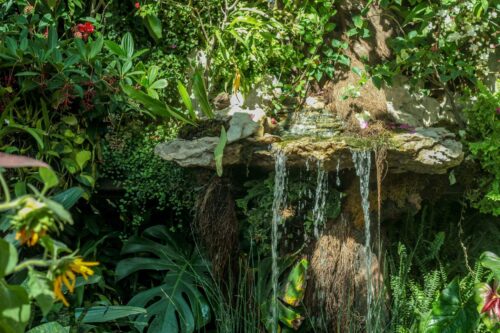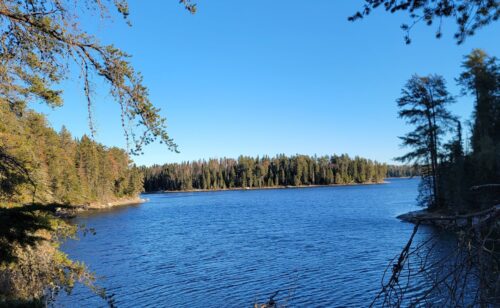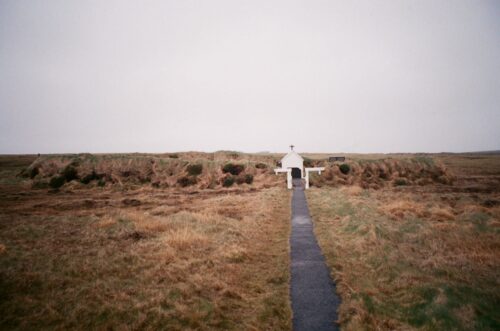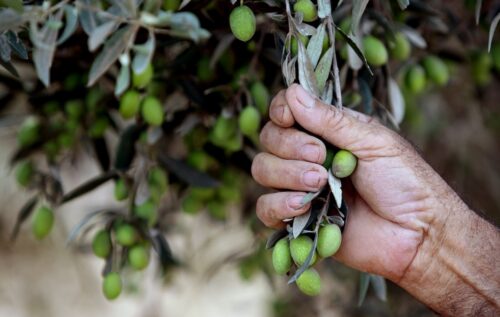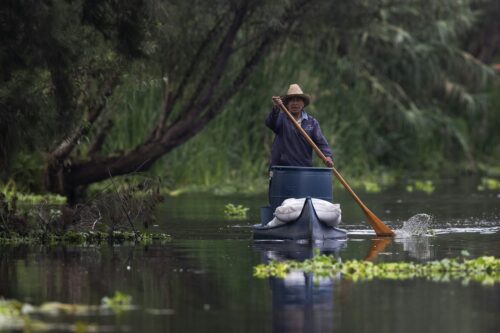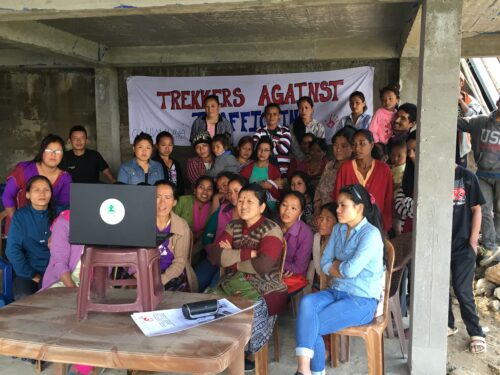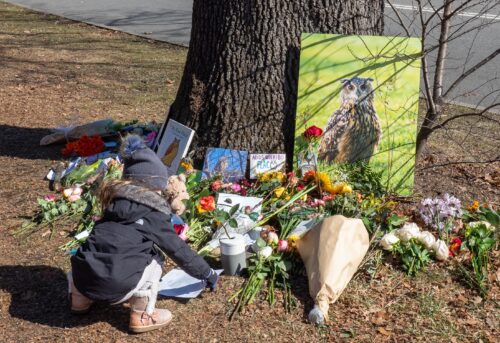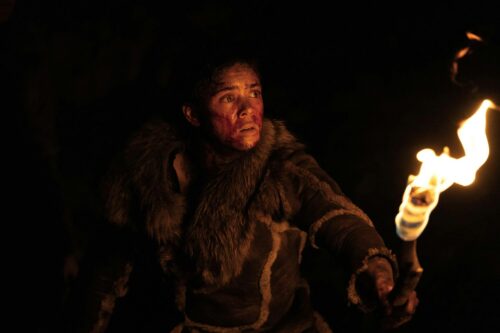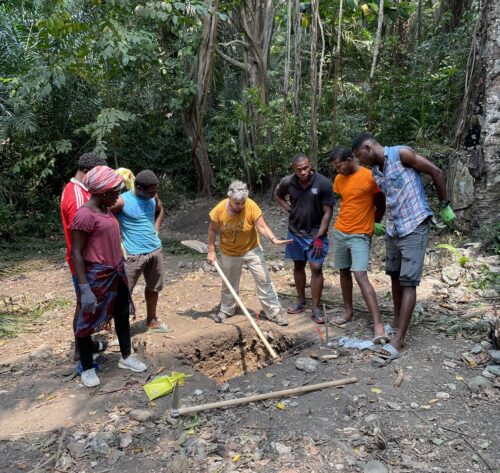The Woods Lament For Me
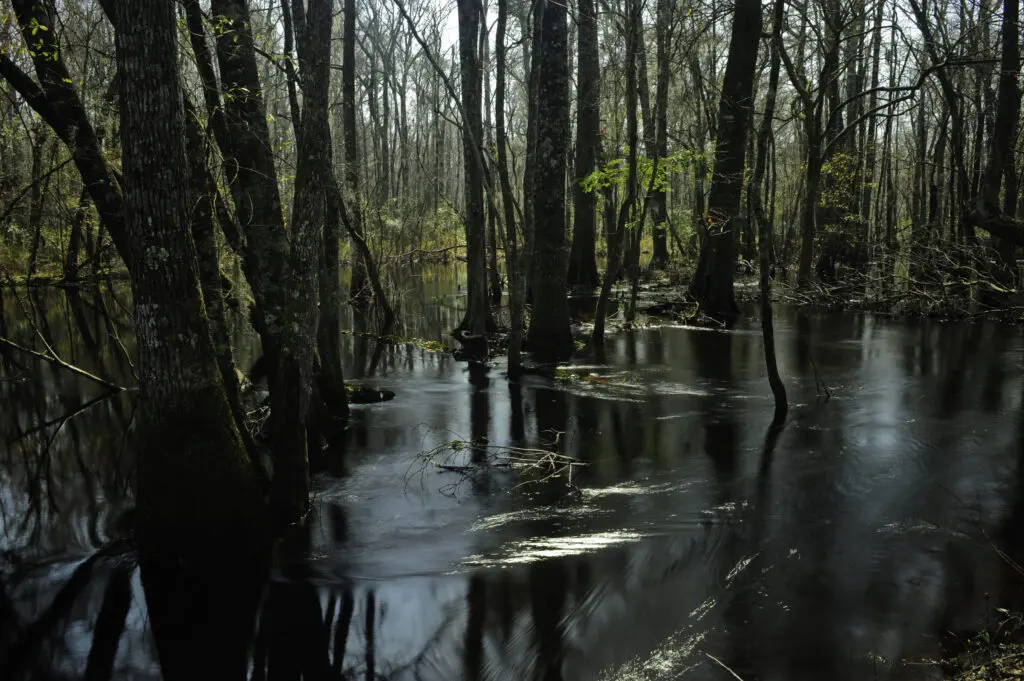
—For William Loren Katz, who wrote Black Indians: A Hidden Heritage, and in it he wrote: “But beyond the pain were armed Black Indian communities named ‘Hide Me’ and ‘The Woods Lament For Me.’ They were home for some of our earliest explorers and pioneers.”
Beyond folktales are awe-inspiring stories
that stretch far into the woodlands
of San Miguel de Gualdape
in what became these United—
bowls from bark
simmering spices cupped from terra cotta pots
ancient as Indigenous and Bantu lessons
on the Pee Dee River. Yams made perfect
with sweet potatoes—
and home had become wherever the sun
and all its warmth shined on a Black face
ascended free from worry.
Secrets among the leaves
leaves full of history—
as told by the Seminole who
raised maize to make a way
for the strangers who frequently
found themselves hungry
on their way to freedom,
refuge in the swamps or deep in the forest
is where earthenware bubbled with recipes shared
like heirlooms:
a gifted arrowhead or handmade drum
deer antler atlatl or mahogany mask cast in
wood from a tree that never knew
strange fruit.
Secrets among the leaves
leaves full of history—
as told by an Ibo who
after bondage in this foreign land
fled to a community in the woods
free from Dogma,
where Animists believed
in the sacredness of animals
and streams that did not take but gave
freely like friendship, was sacred like
life lived by those who
braved the winters
in deer skins and cow hide
who knew the seasons came and went
on a passing wind, deep in the
South Carolina forests you’ll find remnants
older than Jamestown in the east—
where the land holds space for those
who bonded over the common enemy
familial
and generations hence
there are stories of blended lineages
an inheritance of resilience
that is ours to keep,
something that can never,
never be taken away.



